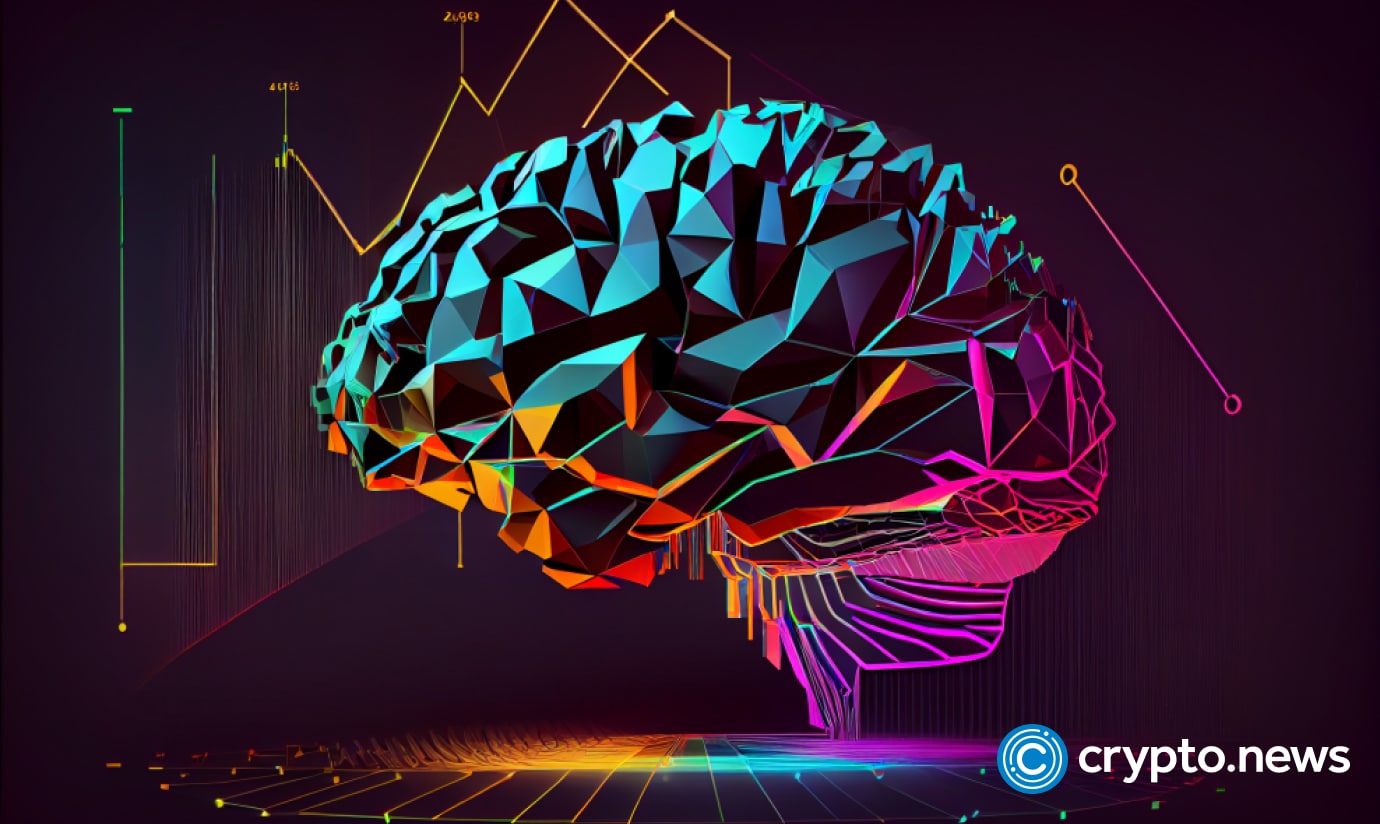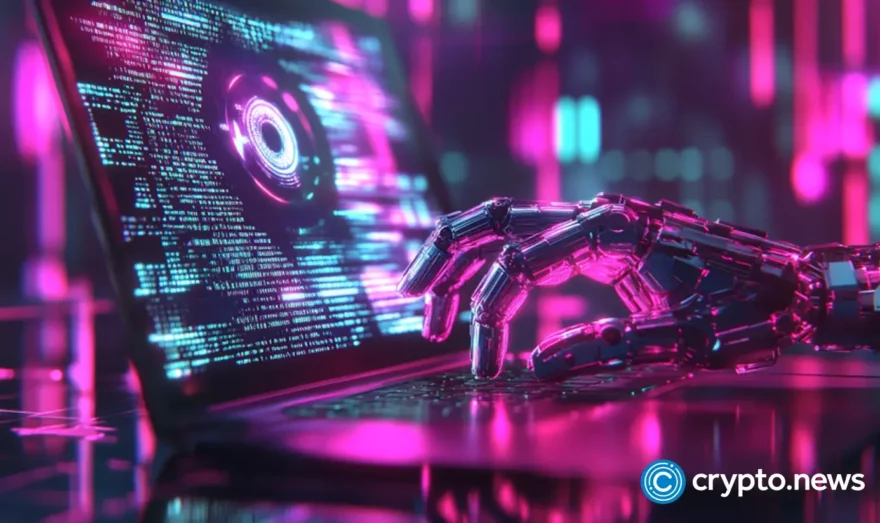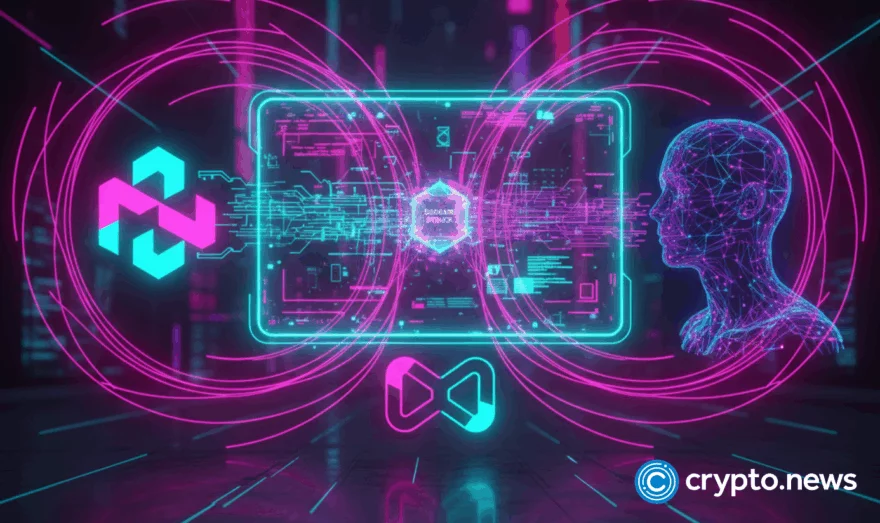Tether CEO discusses new BrainOS platform to advance brain-computer tech

Tether is exploring brain-computer interface technology with the development of BrainOS, an open-source platform designed to keep this innovation decentralized and accessible.
The company announced the initiative on its official website through an interview excerpt from its CEO, Paolo Ardoino. Ardoino highlighted Tether’s (USDT) commitment to ensuring that private entities do not monopolize BCI advancements.
“Tether Data is spearheading the development of BrainOS, an open-source platform that aims to democratize access to advanced brain augmentation tools” Ardoino said. “By ensuring this technology remains decentralized and transparent, Tether is advancing its commitment to empowering individuals through ethical and open innovation.”
This move builds upon Tether’s $200 million investment in BlackRock Neurotech in April last year.
BlackRock Neurotech, a pioneer in the BCI field, has already deployed its technology to assist dozens of patients with paralysis, enabling them to control robotic limbs, fly drones, and communicate through thought alone.
Human augmentation
In the interview with Milano Finanza, Ardoino emphasized the importance of human augmentation in the age of artificial intelligence.
Ardoino noted that while AI is rapidly evolving, human cognition remains limited by biological constraints. He suggested that integrating BCIs with high-speed data access could help humans maintain intellectual relevance as AI capabilities grow.
“I’ll probably be criticized for this statement, but I believe it’s important to be extremely objective when analyzing a technology’s impact on society as a whole. The line between human creativity and AI’s artistic “simulation” is already very thin today. I therefore believe it’s likely that in the next 5-10 years, we won’t be able to tell whether an artistic production was created by a human or a machine.”
Paolo Ardoino
Ardoino highlighted that while the human brain is remarkable, it has limitations in processing capacity. He suggested that a brain-computer interface co-processor could enhance creativity and problem-solving skills, potentially accelerating scientific discoveries.
Communication and thought expression
Ardoino also underscored BrainOS’s potential to remove barriers to communication and thought expression.
“Natural language can only express an approximation of thought, as the complete set of available terms is limited,” he explained. “To be completely expressive, a language would need infinite terms to describe every small detail of a thought.”
Tether’s commitment to an open-source model aligns with its broader philosophy of decentralization. Through partnerships with academic institutions, the company hopes BrainOS will foster collaborative research and ethical innovation.
















